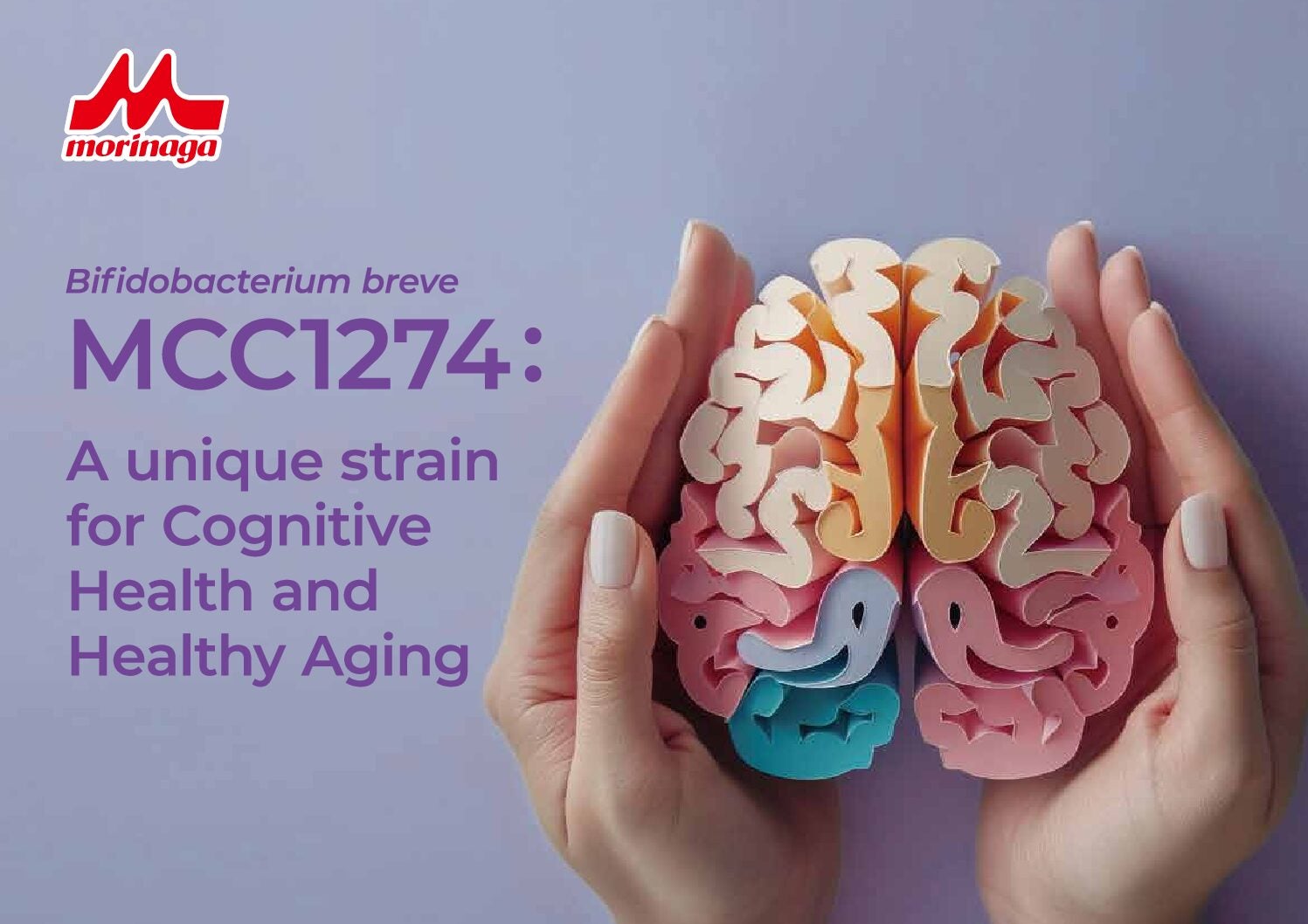
The relationship between gut health and the brain is often referred to as the “gut-brain axis”, representing an intricate communication network between the gastrointestinal tract and the brain.
The axis also plays a crucial role in overall health in areas such as mental well-being. This connection influences various aspects of health, from mood and behaviour to digestion and immune function. Supplements and probiotics have come to the fore to support gut health, evidenced by a growing consumer interest in probiotics and the recognition of the gut-brain connection.
According to GlobalData, consumers are increasingly aware of the health benefits associated with probiotics – the compound annual growth rate (CAGR) of the probiotics market was 7.2% between 2019 and 2024. This was further backed by GlobalData’s 2022 consumer survey, where a significant portion of the global population recognised the benefits of probiotics, with 53% of global consumers believing that probiotics have a positive impact on their health.
Research in the relationship between gut health and brain function has also been gaining momentum – highlighting the significance of gut health concerning cognitive function and emotional states. In conjunction with this, analysis has shown probiotics and supplements can have benefits for cognitive function. Morinaga Milk, a dairy company and leader in probiotics research, has undertaken studies on the probiotic Bifidobacterium breve MCC1274, which hasdisplayed promising results in maintaining memory function that decline with age in healthy middle-aged and older people.
The importance of gut health
Gut health plays a significant role in general well-being, including digestion, immunity, and mental state. The gut is responsible for producing neurotransmitters such as serotonin. Any imbalance in gut health can disrupt production, potentially leading to mental health issues such as anxiety and depression.
Modern living and psychological stress can adversely also affect gut health by reducing beneficial bacteria and impair immunity. Research by the Icahn School of Medicine and the Max Planck Institute has discovered that stress-sensitive brain circuits influence gut bacteria composition, which can lead to physical health issues. Further research is being undertaken at UCLA to explore the microbiota-gut-brain axis in adolescents facing anxiety and depression, focusing on a better understanding of these relationships, and the potential of microbiome-targeted therapies such as probiotics or specialised diets.
Supporting gut-brain health
There are several lifestyle choices that encourage gut-brain health. In particular, the focus has been on a healthy diet, which can be difficult to achieve in the era of highly refined food coupled with little time for food preparation. Incorporating plant-based and probiotic foods into a diet that includes a variety of fibre, fruits, vegetables, whole grains, and fermented foods can promote a healthy gut microbiome. Along with hydration and consistent, adequate sleep, this is seen as essential for maintaining good gut health and cognitive function.
Since its first study conducted in 2017, more than 17 studies have been conducted on the probiotic Bifidobacterium breve MCC1274 to see its potential in improving cognitive health. More recently, research undertaken by Morinaga Milk has focused on the impact of Bifidobacterium breve MCC1274 on gut health, particularly in relation to mild cognitive impairment (MCI) and ageing to ascertain how the use of probiotics earlier in life can replenish beneficial gut bacteria and reduce MCI as people age. “MCC1274 could be a key strain in the ageing era and continuous studies will further open the way for us to maintain and improve cognitive health,” says Dr Junichi Minami, manager of the marketing strategy team of the international B2B department at Morinaga Milk.
The impact of gut health on physical and mental well-being
Gut health is intrinsically linked to mental well-being, emphasising the need for a holistic approach to health that considers both physical and psychological aspects. By focusing on gut health through diet, sleep and probiotic supplementation, individuals can enhance their overall well-being and mental health throughout their lives.
To learn more about Morinaga’s research on MCC1274, download the whitepaper below.



